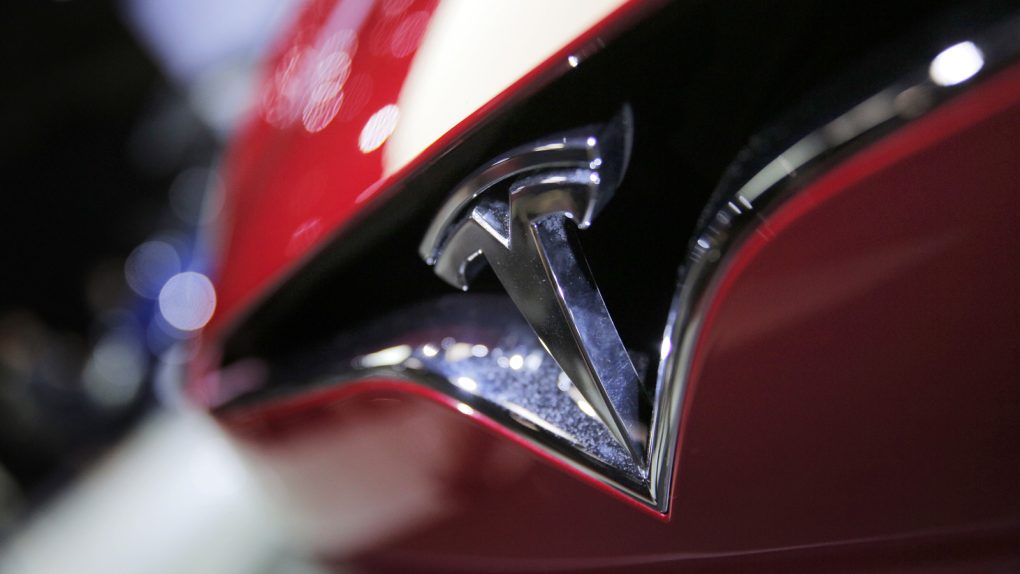Statistically, electric cars are far less likely to catch fire than their gasoline-powered brethren. That said, traditional cars don’t tend to catch fire for seemingly no reason at all, which, for reasons that remain murky, has happened a handful of times to electric cars from the likes of Tesla and NIO in recent memory.
We’ve covered a few spontaneous Tesla fires over the past few months, but NIO, for those not familiar, is a Chinese electric car manufacturer. There are only a few thousand NIO vehicles on the road in China, but there have already been three reports of NIO electric vehicles spontaneously catching fire over the last three months alone. Something peculiar is certainly happening and authorities in China naturally want to get to the bottom of it.
Consequently, Bloomberg reports that the Chinese industry and technology ministry is now requiring electric automakers to conduct thorough checks for fire safety on both new and existing vehicles.
“Companies need to check for potential safety hazards with battery boxes, waterproof protection in cars, high-voltage wiring harnesses, as well as on-board charging devices,” the report notes.
Any subsequent findings need to be submitted via a written report to the ministry by October of this year. The ministry’s full statement, which can be read in its entirety over here, also relays that EV manufacturers must conduct a timely investigation into every fire incident. Further, if a fire happens to result in the death of a driver or passenger, EV manufacturers will have 6 hours to embark on a thorough investigation.
To be clear, these fire incidents are far from common, though there’s still something harrowing about a car catching fire for absolutely no discernible reason. To this point, you may recall this video from April of a Model S spontaneously catching fire in a parking garage.








